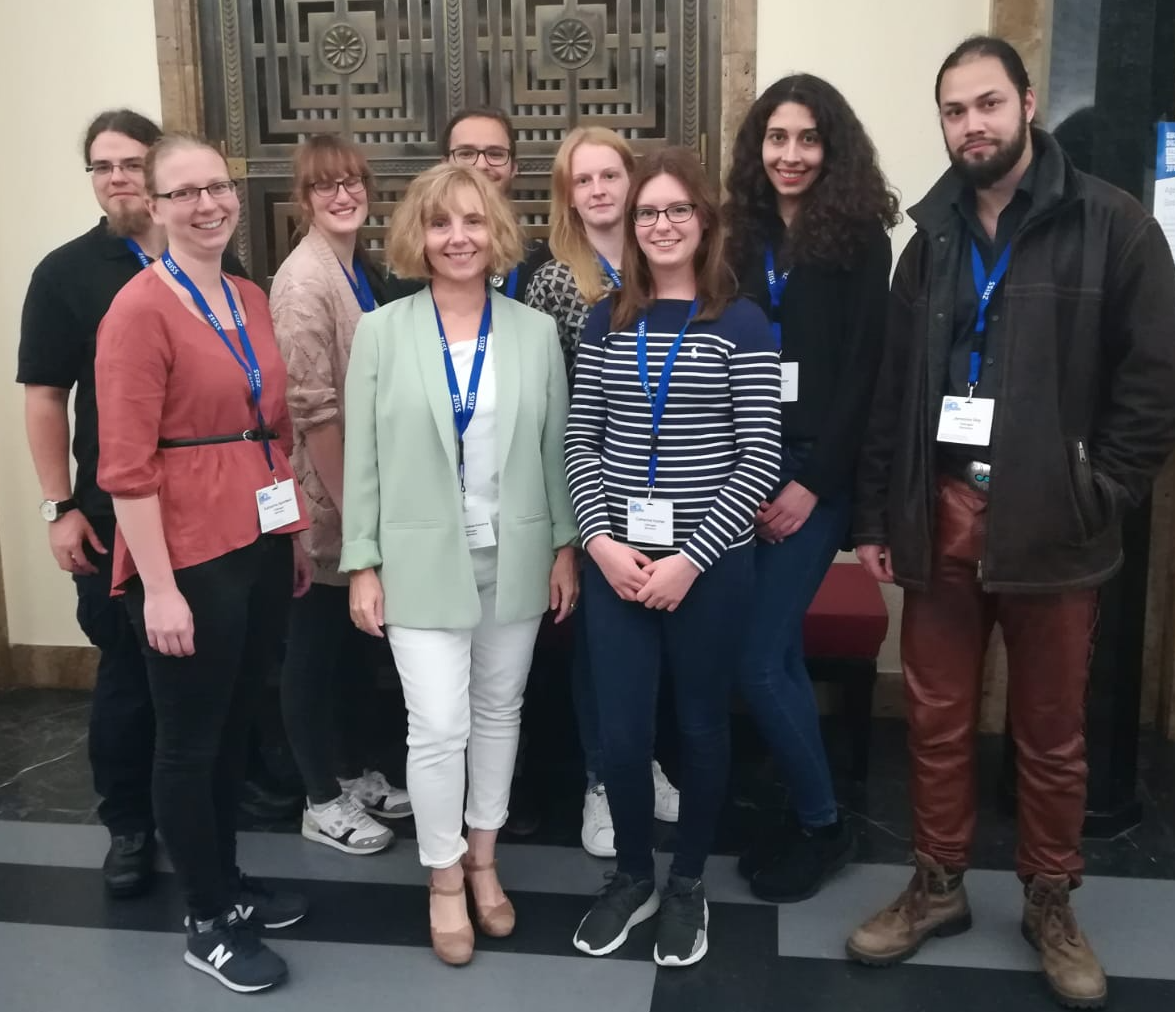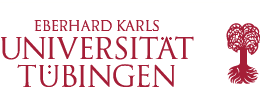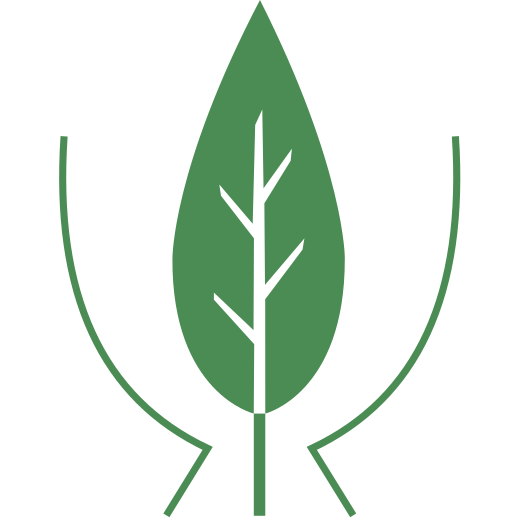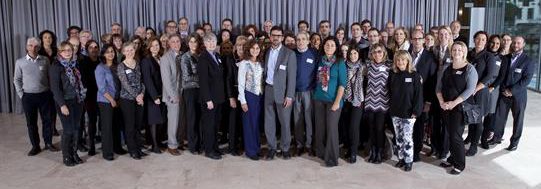New research project on BPAN in Tübingen
New research project on BPAN in Tübingen

Tübingen research group led by Professor Tassula Proikas-Cezanne and Hoffnungsbaum e.V. are joining forces in the research of BPAN
Deciphering the causes of rare, neurodegenerative diseases is a lengthy process that is associated with much hope and great suffering for those affected. In a new research project, Professor Tassula Proikas-Cezanne from the University of Tübingen is investigating the molecular causes of the rare disease "BPAN (beta propeller-associated neurodegeneration)". She is working with doctors in Tübingen, London and Copenhagen as well as the patient organizations "Hoffnungsbaum e.V." in Germany and "BPAN Warriors" in the USA to investigate the cellular causes and potential treatment options. The project is funded by the German Research Foundation (DFG) as part of the Frankfurt Collaborative Research Center SFB 1177.
BPAN (beta propeller-associated neurodegeneration) is a very rare, congenital neurodegenerative disease caused by a mutation of the WDR45/WIPI4 gene on the X chromosome. Patients are characterized from birth by a severe developmental disorder that is associated with epilepsy, mental and physical disabilities and pronounced impairments in language acquisition. Painful muscle spasms and symptoms of Parkinson's disease set in later. The life expectancy of patients is significantly shortened and there is currently no treatment. BPAN belongs to a group of more than ten diseases called NBIA (neurodegeneration with iron deposition in the brain). Around 20 patients with BPAN are known in Germany.
The autophagy researcher Professor Tassula Proikas-Cezanne, molecular biologist at the University of Tübingen and discoverer of the WDR45/WIPI4 gene, will be working in the next four years as part of the Collaborative Research Center SFB 1177 ("Molecular and Functional Characterization of Selective Autophagy", Speaker: Prof. Dr. Ivan Dikic, Goethe University, Frankfurt a.M.) are investigating the process of autophagy in brain cells of BPAN patients. A few years ago, Proikas-Cezanne recognized that the WDR45/WIPI4 gene plays an important functional role in the process of autophagy. Autophagy is a cellular degradation and renewal system that is disrupted in the nerve cells of patients with many neurodegenerative diseases, such as Alzheimer's and Parkinson's disease. Due to the mutation in the WDR45/WIPI4 gene, autophagy in BPAN is severely impaired, but the causative molecular mechanisms are unknown. The scientist would like to elucidate these mechanisms and will be working closely with neurologist Professor Matthis Synofzik from the University Hospital in Tübingen and other colleagues in London and Copenhagen.
The researchers are supported by "Hoffnungsbaum e.V.", the German patient organization for the promotion of research and treatment of NBIA. The association has already initiated, co-financed or accompanied several research projects over the past 15 years and is also very well networked internationally. "In this strategic partnership, we can act in particular as a contact and information interface between the researchers and our patient network. Added to this is, of course, the knowledge of the affected families about their children's BPAN disease," explains Angelika Klucken, Chairwoman and co-founder of "Hoffnungsbaum e.V.".
"I am delighted and thrilled that we have found such a renowned and committed comrade-in-arms in the fight against BPAN in Professor Proikas-Cezanne," says Markus Nielbock, father of seven-year-old Emilia, who suffers from BPAN, and second chairman of "Hoffnungsbaum e.V.". "We will do everything we can to support her and Professor Synofzik."
For Tassula Proikas-Cezanne, this research project also stands out from other projects in her research group. "The fact that a spontaneous mutation of a gene that I discovered years ago can trigger such a serious disease obliges me to focus our research interests here," she explains. "The personal contact with children suffering from BPAN also motivates me to contribute to alleviating their suffering through basic research."

Contact us
Prof. Dr. rer. nat. Tassula Proikas-Cezanne
University of Tübingen
Department of Molecular Biology
Interfaculty Institute for Cell Biology (IFIZ)
Phone +49 7071 29-78895
tassula.proikas-cezanne@uni-tuebingen.de



